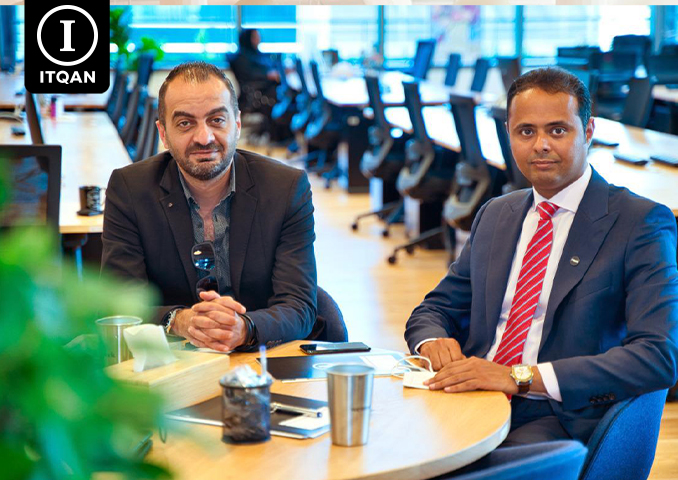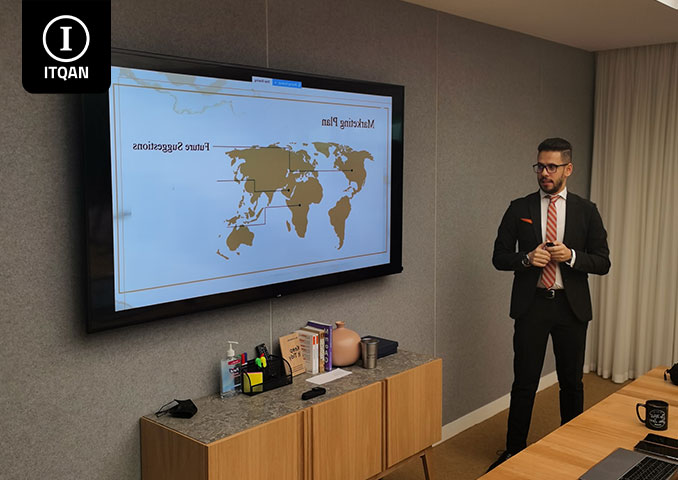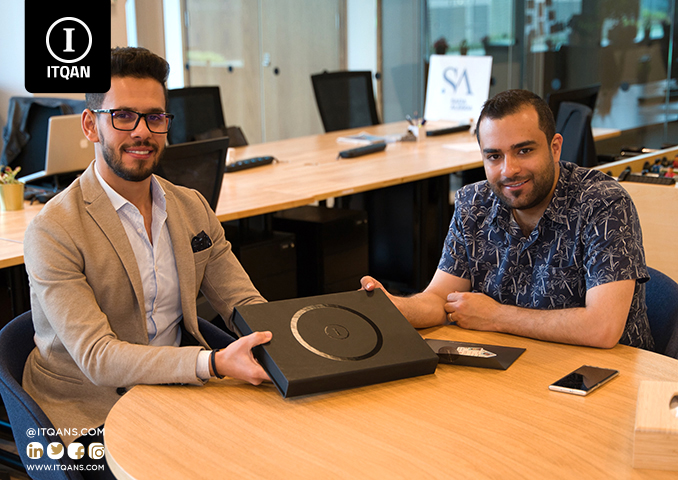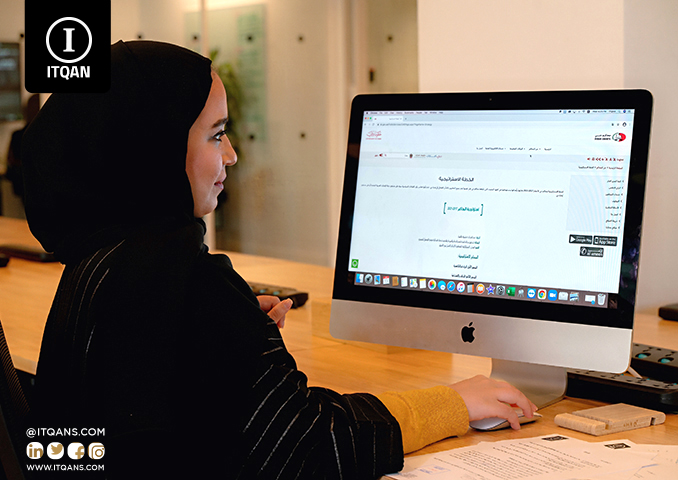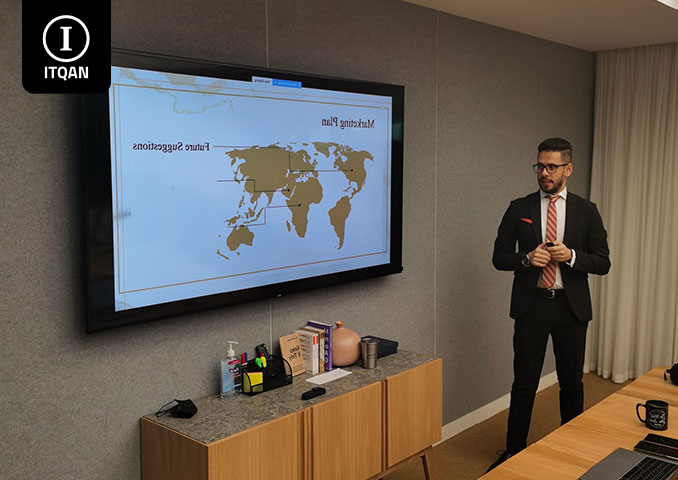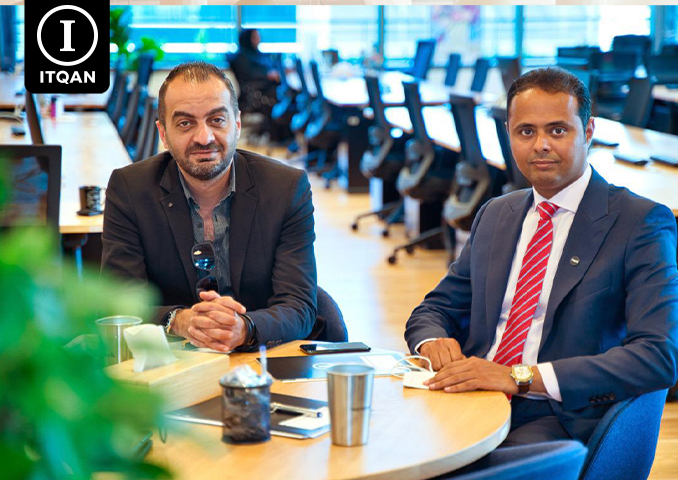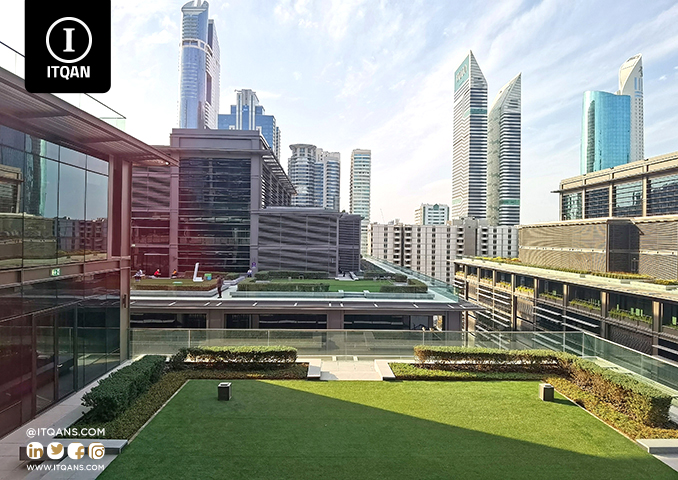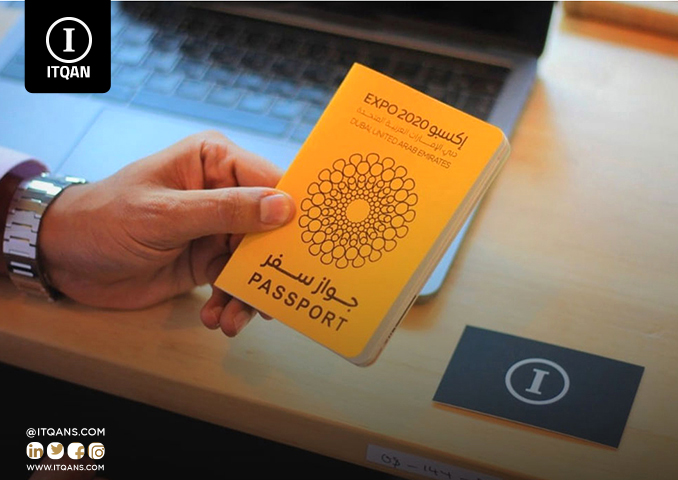Opening a bank account in Dubai for non-residents is an important step for those who intend to manage their financial affairs effectively in the Emirate of Dubai, which is one of the largest global financial centers. The emirate provides a developed and regulated banking environment with a strong reputation worldwide, making it an ideal destination for individuals and international companies to manage their money and conduct financial transactions easily and safely.
When non-residents consider opening a bank account in Dubai , it requires familiarity with the requirements and procedures that must be followed. This includes providing necessary documents, such as a passport and proof of address, as well as complying with anti-money laundering and counter-terrorist financing policies imposed by the banks. The person wishing to open the account must have a good reputation and must not be involved in illegal activities.
In addition, individuals and businesses should be aware of bank fees, minimum deposits and any additional conditions that may apply when opening an account. Remote account management may be available through online banking applications, greatly facilitating bank operations and daily transactions.
Opening a bank account in Dubai represents a vital step for individuals and companies wishing to benefit from an advanced and secure financial environment, which enhances investment opportunities and economic growth in the Emirate of Dubai as one of the most prominent global financial destinations.

Advantages of opening a bank account in Dubai for non-residents
Opening a bank account in Dubai for non-residents is an attractive option for individuals and international companies wishing to access a developed financial environment and diverse investment opportunities. The Emirate of Dubai is characterized by a developed financial system and international banks that provide integrated and diverse banking services, making it one of the most prominent financial centers in the world. Advantages of opening a bank account in Dubai for non-residents:
- Advanced Infrastructure: Dubai is equipped with an advanced infrastructure that includes a global banking network that provides modern and secure banking services, making it easier for individuals and companies to manage their money and conduct financial transactions with high efficiency.
- Advanced legal legislation: The banking system in Dubai has modern and transparent legal legislation that ensures the protection of investments and funds, providing investors with a safe and reliable financial environment.
- Access to Global Markets: Thanks to its strategic location in close proximity to Europe, Asia, and Africa, investors in Dubai can benefit from international trade opportunities and access new markets with ease.
- Integrated banking services: Banks in Dubai provide a wide range of banking services including current accounts, deposits, financing, and investment services, meeting the diverse needs of investors.
- Diversity and flexibility: The banking system in Dubai provides opportunities for diversification in investments, whether in real estate, financial markets, or business, which helps investors achieve a balanced investment distribution according to their strategic goals.
Basic requirements to open a bank account in Dubai
To open a bank account in Dubai as a non-resident, there are several basic requirements that must be adhered to. Here are the basic steps and requirements:
- Choosing the appropriate bank: The process begins by selecting the bank you wish to open an account with. You should choose a bank that meets your needs in terms of banking services and account opening conditions for non-residents.
- Submission of personal documents: Personal documents include a valid passport, a copy of your entry visa (if relevant), and a paid invoice proving your current residential address outside Dubai.
- Financial Proofs: Financial proofs can include, for example, current bank accounts, annual or monthly revenues, certified by a certified accountant, or payroll.
- Account Opening Form: You must fill out and submit a bank account opening form. You may be asked to sign the form at the bank branch or send it electronically, according to the bank’s policy.
- Minimum Deposit: Some banks may require a minimum deposit to open an account, so be sure to inquire about this before applying.
- Know your taxes: Some banks may ask to know your tax status, and this includes filling out a FATCA form for US people or a CRS for non-US people.
- Approval and Signature: After submitting all necessary documents and information, your application will be reviewed by the bank. If approved, you will need to sign the final documents to open the account.
- Fees and Conditions: Make sure you study and understand the banking fees related to your account, including the annual fee, and the terms and conditions related to the account.
Costs associated with opening and managing a bank account in Dubai
Opening and managing a bank account in Dubai for non-residents may involve different costs depending on the bank you choose and the type of account you open. Here’s an overview of the associated costs:
- Opening fees: Many banks charge fees to open a new account. These fees vary depending on the bank and the type of account requested.
- Monthly or annual maintenance fees: Some banks may impose periodic fees for account maintenance, and these fees vary depending on the bank and account type.
- Banking operations fees: There may be fees for various banking operations such as internal or international transfers, withdrawing cash, printing statements, etc.
- Credit or Debit Card Fees: If you order a credit or debit card from your bank, there may be an annual fee for these cards.
- Agency fees: If you choose to use an agent to open the account, you may pay agency fees as well.
- Financial Certificate Fees: If you request a financial certificate such as a certificate of deposit, there may be a fee for that as well.
- Other fees: Banks may charge additional fees for other services such as financial advice or treasury services.
Steps to establish a company in Dubai
Establishing a company in Dubai represents an important strategic step for investors seeking to benefit from a dynamic business environment and broad investment opportunities in the Emirate of Dubai. Here are some key points and steps to establish a company in Dubai. Here are the steps to establish a company in Dubai:
- Choose company type: You can choose between several types of companies such as local company, free company (free zone), full subsidiary, or partnership.
- Choosing a company name: You must choose a unique name that is not similar to the names of other companies in Dubai, and it must comply with local regulations and laws.
- Determine the commercial activity: The commercial activity that the company will practice must be determined, and the necessary licenses must be obtained for the company’s activities.
- Identifying shareholders and managers: You must determine the identity of the company’s shareholders and managers, and ensure that they meet the legal requirements.
- Determine the geographical location and head office: The company must be located in Dubai, whether inside or outside the free zone, and the head office must be secured if necessary.
- Submitting the required documents: Required documents include passports for shareholders and directors, proof of address, as well as the company’s incorporation form and articles of association.
- Registration and obtaining licenses: All documents must be submitted to the Department of Commerce and Industry or the relevant authority in Dubai to obtain company licenses and officially register them.
- Opening a bank account for the company: After incorporation, a bank account must be opened for the company in one of the local banks in Dubai to manage financial and commercial operations.
- Compliance with tax and legal obligations: The company must comply with all tax and legal laws and legislation in Dubai, including preparing annual financial reports and complying with local taxes.
- Starting to work: After completing all procedures and obtaining the necessary licenses, the company can start practicing its commercial activities in Dubai.
Licenses required to establish a company in Dubai
To establish a company in Dubai , the type of license required depends on the company’s activity and location, as there are several types of licenses that can be obtained. Here are some of the popular licenses required to establish companies in Dubai :
Local company license (Onshore License):
- Issued to companies that wish to operate in the local market in Dubai.
- Requires personal residency for major shareholders or directors.
- It can carry out commercial activities inside and outside Dubai.
Free Zone License:
It is issued to companies that wish to establish their businesses within one of the free zones in Dubai, such as Dubai Jebel Ali, Dubai Media City, Dubai International Finance Centre, and others.
Provides complete freedom from taxes and customs duties on import and export.
It is characterized by easy operational procedures and great flexibility in management.
Full Branch of a Foreign Company License:
- Issued to foreign companies that wish to open a branch in Dubai.
- The foreign company must be registered in its country of origin.
- The parent company bears responsibility for all financial and legal obligations of the branch.
Company license in the virtual free zone (Virtual Free Zone License):
- Issued to companies that wish to use the operational structure of the free zone without the need to have a physical office within the free zone.
- It allows businesses to have digital services and benefit from a favorable business environment without having a physical presence.
Advantages of establishing a company in Dubai
Establishing a company in Dubai offers investors many advantages and investment opportunities that make it an ideal business destination. Here are some of these advantages:
- Advanced investment environment: Dubai enjoys a modern and developed investment environment, which facilitates conducting business efficiently and effectively.
- Excellent strategic location: Dubai is located in the heart of the Gulf region, providing companies and investors with easy access to large markets in the Middle East, North Africa and Asia.
- Advanced infrastructure: Dubai has a modern infrastructure that includes international airports, advanced seaports, and integrated transportation networks, which facilitates international transportation and trade operations.
- Diverse and multinational local market: The Dubai market attracts a wide range of nationalities and cultures, providing companies with the opportunity to expand into diverse markets and interact with a large number of potential customers.
- Advanced and transparent legal legislation: Dubai provides a transparent and regulated legal environment, which increases the level of confidence among investors and protects their rights and investments.
- Favorable financial treatment: Dubai is characterized by favorable financial policies, enjoys economic stability and continuous growth, providing a safe and stable environment for businesses.
- Free zones and special commercial zones: Dubai provides several free zones and special commercial zones such as Dubai Jebel Ali, Dubai Media City, and others, where companies in these zones enjoy privileges such as tax exemptions and easy operating policies.
- Diversity of economic sectors: The Dubai market is characterized by the diversity of its economic sectors, including real estate, trade, tourism, and technology, which provides multiple opportunities for investment in a wide range of industries and businesses.
At the conclusion of this article, it can be said that opening a bank account in Dubai for non-residents is an important step for those who want to carry out financial operations in this modern and prosperous city. Although the process is somewhat complicated, it is not impossible. Banks in Dubai provide diverse and advanced banking services to individuals and foreign companies.
To open a bank account in Dubai, non-resident persons must collect the required documents such as a valid passport, financial proofs and financial source of funds. It also requires choosing the right bank that meets their needs and checking its reputation and banking policies.
Once the bank is selected, you must visit it and meet with a banking consultant to submit the required documents and discuss the necessary procedures. A banking advisor can provide appropriate advice and guidance to non-resident clients regarding the bank account and services available.
The most important frequently asked questions about opening a bank account in Dubai
What are the documents required to open a bank account in Dubai?
Essential documents include a valid passport, a copy of your entry visa (if relevant), and a paid invoice proving your current residential address outside Dubai.
Is there a minimum deposit to open a bank account in Dubai?
Yes, some banks may impose a minimum deposit to open an account. This limit varies depending on the bank and account type.
What are the costs associated with opening and managing a bank account in Dubai?
Costs include opening fees, monthly or annual maintenance fees, fees for banking operations such as transfers and cash withdrawals, and there may be fees for credit or debit cards as well.
Can I manage my account remotely after opening it?
Yes, many banks provide online banking services and banking apps to manage your account conveniently and securely remotely.
Can I open a foreign currency bank account in Dubai?
Yes, some banks provide account services in foreign currencies, and you can open an account in the currency you prefer depending on the bank’s availability of this service.


